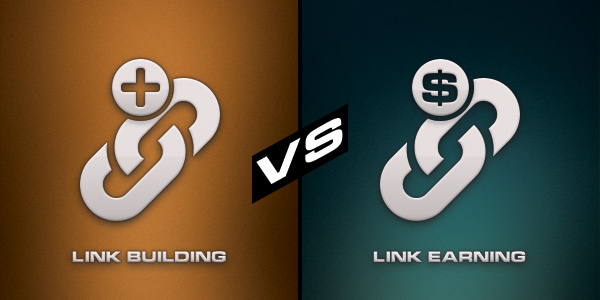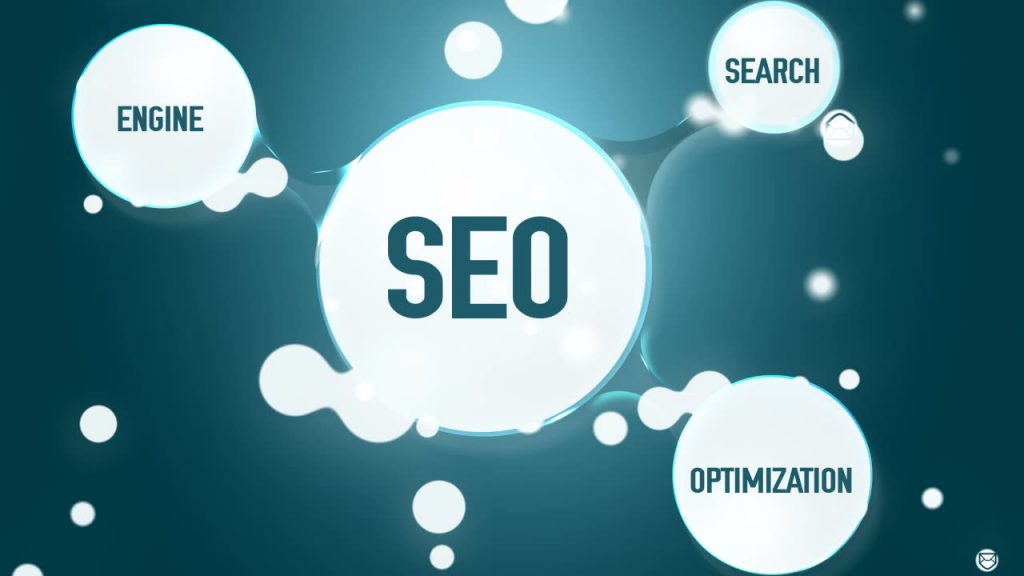You might think that link building and link earning sound like two similar concepts – but they’re not. The reality is – one of these will help build a sustainable future for your online business or website, while the other relies on outdated practices that can no longer deliver the results you’re looking for. We’re going to look at why knowing the difference between link building and link earning could make the difference for your search engine optimization efforts.
What is the difference between link building and link earning?
Remember when you could throw up thousands of spammy links overnight on lots of worthless sites and still see your rankings increase? That was link building. And it’s no longer relevant for proper internet marketers. If you want to grow your site organically and get real links that search engines still value – you need to earn them.
Link earning is based on high quality content on reputable authoritative sites. It’s not as easy to earn them – and that’s why they’re of more value. Those Fiverr gigs where you get 10,000 backlinks to your site in two days are worthless. More than that – they might even harm your rankings or see your site blacklisted.
While search engines like Google started changing their algorithms to penalize low-quality link-building strategies, they still value high quality, earned links. So if you want to see your visitor numbers grow in a sustainable way – earn your links, don’t build them.
Earning links is all about building relationships and providing high-quality, curated content. This is much more effective and sustainable as a process than trying to get as many reciprocal links as you can.
How can you earn high quality links?
First thing’s first when earning links – quality content. You might have been able to trick lots of low-quality blogs into posting your low-quality content in the past (or pay them) – but this is becoming less valued by search engines all the time. If you want high quality, authoritative publications to post your content – it needs to be good.
That means you need more long-form posts that say something valuable. Something a site is going to want their readers to see. Instead of those easy 500-word pieces that never really get past an introduction – you need content that explores a subject in detail AND says something original. As well as high quality written pieces, more and more high quality sites are looking for informative and well-made infographics.
Not only should your content be longer and of better quality, it should also have data to back it up and compelling images to support your argument.
Your outreach needs to change, too. You can’t send generic spammy outreach emails any longer and expect to see results. You need to get personal and write something bespoke for every site you approach. That’s how you earn links, not build them.
Before you start reaching out to authoritative blogs, you’ll need to have a few other pieces of high-quality content to show them. These can be on your own site, but make them good. Do your research effectively to find the right sites to reach out to – make sure they’re as relevant as possible and send them a personal note about why you want to get on their site and what you have to offer their visitors. Be as up front as you can about the benefits to both you and them.
When you get your content posted – try and help out by promoting it yourself. Building a relationship is a two-way street. Don’t just get your link and never talk to that blog again, you’ll never know when you might need more help from them in the future. Post the link to your social media and stay active in the comments section. A good quality earned link could lead to more opportunities further down the line.
What are the benefits of earned links?
Firstly, you’ll be earning links that are sustainable. Not only are authoritative blogs more valued by search engines – so are longer, quality pieces. Don’t think Google’s algorithms ignore things like that. They’re also far less likely to go missing like many links on smaller blogs.
One of the biggest benefits of a quality earned link is the residual traffic it could produce for you. Yes – backlinks are important for your Google rankings and you want to get as many high quality links pointing to your site as possible. But a link on an authoritative site will also provide actual direct visitors, bypassing the need for search engines altogether.
When you build low quality links, your content is never really intended to get seen by many people. You’re doing it all for the juice. Far from it – high quality, authoritative sites actually have substantial readerships. People that are going to read your content and click on the link if they want to know more.
So good earned links are going to help you grow your readership and increase traffic on two fronts – you’ll boost your search engine rankings effectively in a way that isn’t gambling on spammy practices, and you’ll get more actual clicking through on your links. Many sites are built on direct residual traffic from these sorts of posts and see that kind of visitor as much more important than one who arrives from a search engine. Some ignore search engines altogether.
Link earning is also better for brand awareness. Even if someone doesn’t actually click on one of your posts on a high quality, authoritative site – if they see your brand name or logo mentioned enough, it’ll mean a lot to them further down the line. If you really want your business to take off, brand awareness is key – it’s something big businesses spend billions on. The more you get noticed, the more likely someone is to use you or think of you at a later date.


















No Comments
Leave a comment Cancel